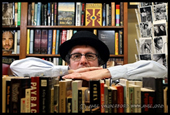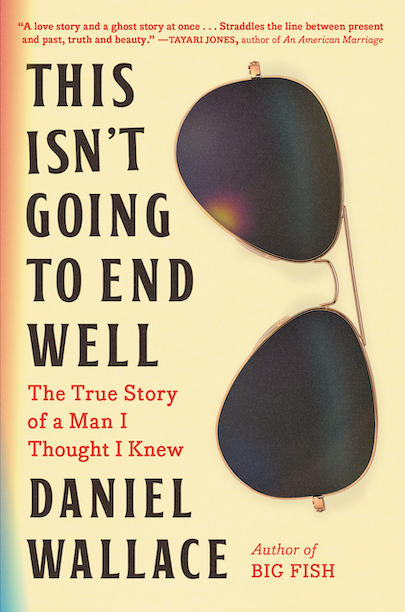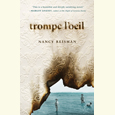Serious Fun
In Diddy Wah Diddy, Corey Mesler creates a fantasy folk history of Beale Street
A big-butted stripper named Callie Pidgeon, a sexy gangster/werewolf known as Ricky the Rake Romito, and a drummer called Styx Quetzalcoatl are just a few of the characters who populate Corey Mesler’s new book, Diddy Wah Diddy: A Beale Street Suite, which should give you some idea of the rich mix of fantasy, wordplay, and good-hearted bawdiness to be found therein. Mesler calls the book a “collage novel,” a descriptor that seems as apt as any for this highly varied collection of short pieces on a single obsession: a phantasmagorical Beale Street that both is and is not the legendary Memphis avenue known as the birthplace of the blues. Diddy Wah Diddy is a kind of spiritual history of a real place, a history rooted in the earthly past but definitely not bound by it.
There are sixteen “ingredients” (Mesler’s term) in the book, each one a self-contained bit of lore from this imaginary Beale, and the titles alone convey the comical, word-mad quality of the storytelling. For example, there’s “Arms Akimbo: A Gest,” featuring the colorful trio of characters mentioned above, and “Butterfly McQueen’s Oscar: A Lie,” which puts a fictional Academy Award at the center of a fictional Beale Street murder mystery. Mesler employs various forms for the stories, ranging from all dialogue to a song complete with sheet music. (You can see a music-video rendition of the song, “Mississippi Lowdown Blues,” at Ampersand’s website.) “Huck & Hominy: An Epistolary Romance” is a lament on the decline of Beale Street conveyed through the letters of a cocktail waitress to her absent lover: “Everybody’s gone. Everybody isn’t here anymore, and I tried to remember when the last time I had seen another human being was and I couldn’t do it. There are no more people.”
 Mesler rarely strikes such sorrowful notes in Diddy Wah Diddy, although Beale Street’s decay is a major theme of the book. Most of the time he has endless fun with allusions and puns (“As my mama used to say philosophically, Kant never did nothing”) while serving up tales filled with sexy, supernatural high jinks, emphasis on the sexy. Erotic desire in its many modes and manifestations—illicit, thwarted, rampant, wholesome—is central to nearly every story here; and aptly so, since passion drives the rhythm of the music.
Mesler rarely strikes such sorrowful notes in Diddy Wah Diddy, although Beale Street’s decay is a major theme of the book. Most of the time he has endless fun with allusions and puns (“As my mama used to say philosophically, Kant never did nothing”) while serving up tales filled with sexy, supernatural high jinks, emphasis on the sexy. Erotic desire in its many modes and manifestations—illicit, thwarted, rampant, wholesome—is central to nearly every story here; and aptly so, since passion drives the rhythm of the music.
The connection is particularly literal in “Seth Adamson’s Blues: A Diablerie,” which is one of the more substantial pieces in the book and surely one of the best. It’s the saga of Seth and Lilith, a pair of clueless Europeans who come to Beale Street in search of fame. They find it, but only after a primal awakening that involves a fair amount of heartache and a lot of moisture, especially for Lilith: “She could feel the sweat on her chin and chest and tiny rivulets ran down her blouse and she put a shy hand there and felt the moisture and it was good and she let her fingers linger there and the crowd moaned and something was happening.”
There are quite a few drenched and explicit passages in Diddy Wah Diddy. Beale Street was never suitable for prudes, and neither is Mesler’s book. But the sex is mostly joyful and always part of the lively tapestry of story and character. Although most of the individual pieces are slight, the book as a whole captures the powerful spirit of the Memphis blues, which is no small accomplishment. Mesler has created a work of serious fun here, full of memorable images and worth revisiting for the sheer pleasure of its gymnastic wit.


